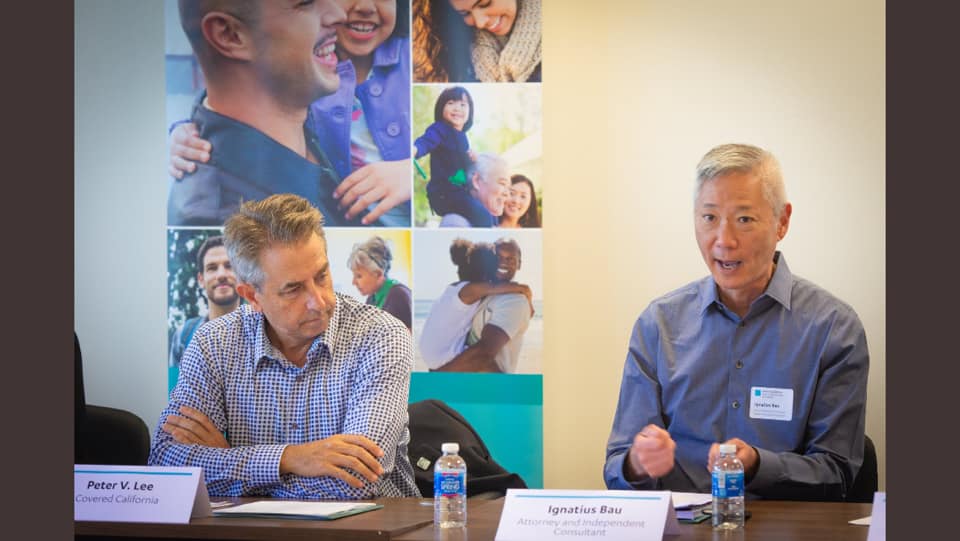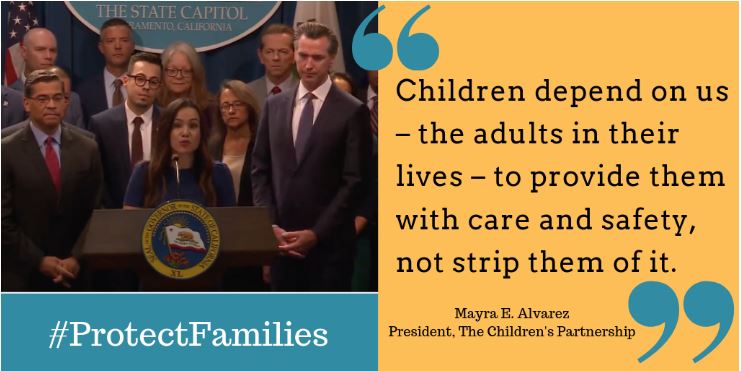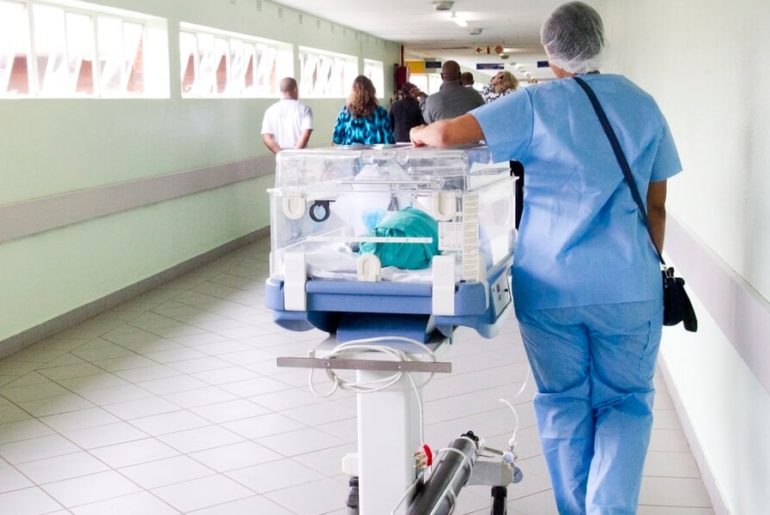Washington State Attorney General Bob Ferguson announced on Friday, September 6, that he would ask a federal judge to block the Trump Administration from implementing its “public charge” rule while the states’ lawsuit progresses. The new rule would allow the federal government to decide who can become a green card holder based on what public benefits immigrants have used, along with other factors, like health, family size, education, and English proficiency.
“Public charge” or the “public charge test” is a longstanding policy used by immigration officials as one factor in their determination of whether a person may immigrate to the U.S. or be granted lawful permanent resident status. (Federal Register, Inadmissibility on Public Charge Grounds). In this test, officials look at all of a person’s circumstances, including income, employment, health, education or skills, family situation and whether a sponsor signed a contract (“affidavit of support”) promising to support the person. Officials can also look at whether a person has used certain benefit programs (in the past, only cash assistance and long-term care were counted). The government is changing how it makes public charge decisions. According to the posted final rule, “Public charge means an (alien) person who receives one or more public benefit… for more than 12 months in an aggregate within any 36-month period (such that, for instance, receipt of two benefits in one month counts as two months).” Immigration officials will look more closely at factors like health, age, income, skills (including English language skills), and use of more public programs, including:
• Supplemental Nutrition Assistance Program (SNAP, “EBT” or “Food Stamps”)
• Federal Public Housing and Section 8 assistance • Medicaid (except for emergency services, children under 21 years, pregnant women, and new mothers)
• Cash assistance programs (like SSI, TANF, General Assistance)

Advocates want immigrants to know that the new changes will not be used by immigration officials until October 15, 2019, and will apply only to applications that are postmarked or submitted electronically on or after October 15. For immigrants applying for a green card in the U.S right now, use of the non-cash benefits listed above will not be counted in a public charge test. The rule will also not count any programs (other than cash or long-term care) used before October 15, 2019. Public benefits received by U.S. citizen children will not be used against immigrants applying for a green card. Read this information sheet to see if public charge applies to you.
Since the regulations were finalized on August 14, they have been opposed by nearly 20 states who have moved to block this new rule that would not only make it harder for legal immigrants to gain U.S. citizenship, but would also force lawfully-present immigrants to choose between basic services—like health care, food stamps and housing—or keeping their family together in the US. “The families harmed by this action have worked hard to follow the rules and immigrate to our country,” Ferguson said. “The Trump Administration threw out the rulebook, forcing these families to live with uncertainty and fear. Children will go hungry as a result of this change. We’re asking the court to stop that from happening while we fight this unlawful, un-American policy.”

These new regulations have also been opposed by a diverse group of organizations dedicated to improving the health and wellbeing of their communities, including healthcare organizations that are responsible for health & health coverage in immigrant communities.
The Henry J. Kaiser Family Foundation issued a fact sheet, Changes to “Public Charge” Inadmissibility Rule: Implications for Health and Health Coverage, which states that “the rule will likely lead to declines in participation in Medicaid and other programs broadly across immigrant families, including their primarily U.S.-born children”. The fact sheet highlights recent research suggesting that the rule will lead individuals to forgo enrollment in or disenroll themselves and their children from public programs because they do not understand the rule’s details and fear their own or their children’s enrollment could negatively impact their own or their family members’ immigration status.
Earlier in August, the National Immigration Law Center, along with Asian Americans Advancing Justice – Los Angeles, the National Health Law Program, and the Western Center on Law and Poverty, filed a lawsuit challenging the Trump administration’s expansion of the “public charge” regulation. Jackie Vimo, a National Immigration Law Center’s Economic Justice Policy Analyst, breaks the changes down as follows, “the public charge test looks at factors such as age, health, income, and family status to gaze into a crystal ball to make a prediction about whether or not a person is likely to become a public charge in the future…Under Trump’s new test, people who are elderly, have disabilities or problems with their health, come from countries where English isn’t spoken, or have relatively low incomes will be the most heavily impacted.”
If you think that you might be impacted by the public charge rules, or to stay updated about the latest developments regarding the public charge rule, visit www.ProtectingImmigrantFamilies.org.

